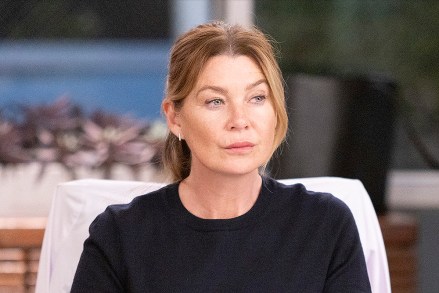Associate Professor Stephanie Schleimer, Director of the MBA at the Griffith School of Business. Griffith University
At the heart of the Griffith MBA lie three core values: sustainable business practices, responsible leadership, and a focus on the Asia Pacific region. These three values are linked to the United Nations Sustainable Development Goals (SDGs), and Schleimer notes that they underline every aspect of curriculum design.
“We cover more than 1,000 topics related to the Sustainable Development Goals with our students throughout the programme, ensuring these values are deeply embedded in everything we practice, teach and evaluate. Each course contains at least one, and often all, of the values that are strategically embedded” .
The core spirit of the Griffith MBA program is to teach students a sustainable and responsible business strategy that will change how the world is shaped, both personally and professionally.
“If we really think about business purpose and value creation, we must think beyond traditional ways of presenting business.”
– Associate Professor Stephanie Schleimer, Director of the MBA, Griffith School of Business
Leadership is another focus. Griffith is the first university in Australia to partner with the Institute of Directors and Leaders, and one of the program’s core courses teaches students how to develop values-based leadership skills.
The Accounting for Accountability core course offers a window into this unique approach to business education. The MBA’s Standard Accounting course may teach students how to create balance sheets, analyze profit and loss data, and other technical skills. But Griffith takes a holistic, interdisciplinary approach, with the Business School partnering to design the subject matter with the university’s International Water Institute. The result is a course that covers not only accountability with respect to financial and management accounting topics, but also the social, environmental and governance implications of business activities.
“If we are really thinking about business purpose and value creation, we must think beyond traditional ways of presenting business,” Schleimer explains. “So we look at calculating what you do, but also calculating natural resources. How do you account for the resources that you use as an organization? How do you work towards bringing that into your vision, your strategy, your sustainability reports? It’s a very different way of attacking these traditional business themes.
“We are still teaching our students innovative business practices, but it is important for us to move beyond the traditional business degree and rethink what we do, how and why we do it and how we can measure it.”
The degree is taught on the Southbank campus, located on the banks of the Brisbane River, as well as on the Gold Coast campus, and online. The program attracts an incredibly diverse student group representing more than 70 different industries.
“It’s great to have so many different industry experts come together and create that special collection,” says Schleimer. “The impact of peer-to-peer learning is huge, thanks to the diversity of sectors. Many of our students learn this new business value themselves, so it is often a transformative journey for students.”
The business school faculty has a mix of academic and industry experience and Schleimer notes that the shift to a values-based approach began in the wake of the global financial crisis.
“We really felt that business could play an instrumental role in not just causing but solving the biggest problems in the world. It was a real motivator from our academic staff, but then our students really drove the demand for more of it. It was a wonderful marriage between our teachers And our students and alumni now, who enjoy these influential careers.”
With Griffith College of Business, one of only two Australian universities in the Global Knights Top 50 rankings, Schleimer hopes other local universities will also transform their curricula to teach the prestigious degree. “My dream for the future is to have all MBAs like us so we can make an exponential and positive impact on the world.”
Originally published at Brisbane News Station



No comments:
Post a Comment